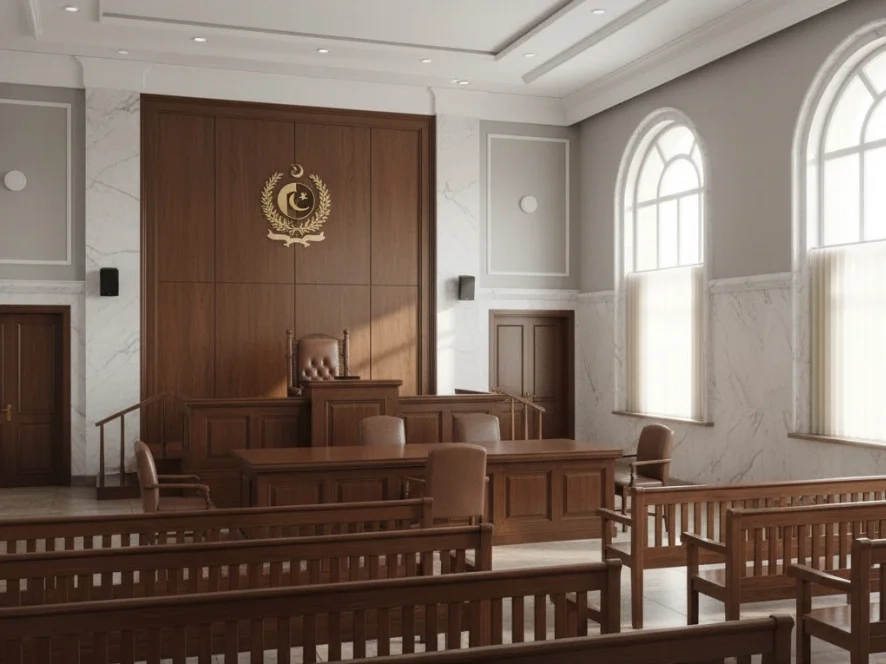Lahore High Court Acquits Woman in Blasphemy Case, Orders Immediate Release

The Rawalpindi bench of the Lahore High Court has acquitted Aniqa Atiq, a woman previously sentenced to death in a blasphemy case, and ordered her immediate release.
Atiq was convicted by a special court of the Federal Investigation Agency (FIA) in January 2022 on charges of sending blasphemous messages. However, a two‑member bench comprising Justice Sadaqat Ali Khan and Justice Chaudhry Waheed ruled on Wednesday that the prosecution had failed to establish the charges beyond doubt.
During the appeal hearing, defense counsel Advocate Saif‑ul‑Malook argued that the case was built on weak grounds. He pointed out that no forensic analysis of the alleged mobile phone was ever conducted, and the device itself was not even seized by investigators. The court noted that the SIM card and phone in question were registered to another woman, who was never treated as a co‑accused.
The judges questioned how a conviction carrying the death penalty could be handed down without concrete evidence. “When nothing is on record against the accused, how was she sentenced to death?” Justice Sadaqat Ali Khan remarked.
The case against Atiq was originally registered in April 2020 by the FIA Cyber Crime Wing on the complaint of a man named Hasnat Farooq. She consistently denied the allegations.
Atiq’s acquittal makes her the first Muslim woman to be cleared after receiving a death sentence in a blasphemy case. Previously, Asia Bibi and Shagufta Bibi, both Christians, were sentenced under similar charges before being acquitted.
Background on Blasphemy Laws
Blasphemy provisions were first introduced in the Indian Penal Code during British rule in 1860 and expanded in 1927. The laws were further strengthened during General Zia‑ul‑Haq’s regime in the 1980s, when punishments were made harsher, including the death penalty for desecration of the Quran (1982) and for insulting the Prophet Muhammad (1986).
While intended to protect religious sentiments, these laws have long been criticized by human rights groups for being misused in personal disputes and for lacking proper investigative safeguards.

